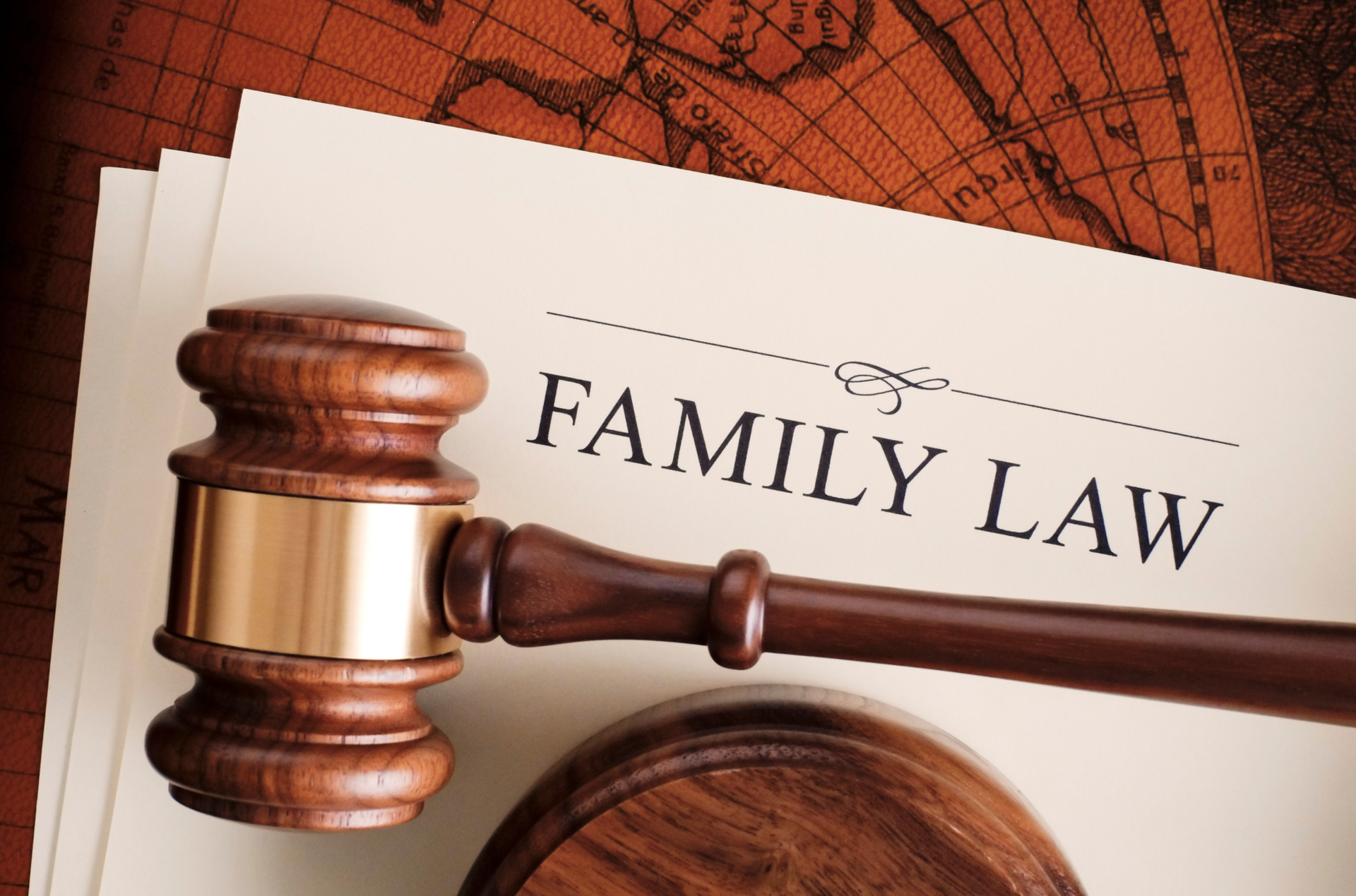Can I get paid to be a donor?
Assisted reproductive technology (ART) is an exciting field, both for those who can benefit and those who can contribute genetic material. If you’re considering contributing by providing an embryo, an egg, or sperm, you may be wondering if you’ll be compensated for your time. For the most part, the answer to this question is yes, you'll likely be paid something for your contribution. This varies from one place to another, as well as between eggs, sperm, and embryos.
Getting Paid to Donate Sperm
Many thousands of men donate sperm at sperm banks or directly to fertility facilities. The average amount paid for a sperm donation ranges from around $50 to $1,500 or more, depending on the frequency of donation, the attributes of the donor, and local demand for assisted reproduction technology. However, it’s not as simple as just walking into a clinic, donating, and collecting payment. Many clinics have stringent requirements on who can donate, including restrictions on height, past or current drug use, age, and overall health, among others. There’s also usually a waiting period between donation and payment to allow for the sperm to be checked and verified as viable. In many cases, if you’re chosen by prospective parents for their artificial insemination needs, you may be required to keep donating for six months, a year, or even longer.
Getting Paid to Donate Eggs
Egg donors are required to commit much more time to the donation process than are sperm donors. Whereas a sperm donation can be done quickly (usually under an hour, once the requisite paperwork is completed), an egg donor may face dozens of hours of preparation, testing, and harvesting. Because of this difference in commitment, egg donors can earn as much as $10,000 (and possibly more) for their donation. In some cases, even if no eggs are harvested, the donor still receives payment because of the testing and procedures she undergoes to donate. Egg donors often must go through a variety of testing and must answer questions about their medical and family histories. Egg donors must also meet rigorous standards to be considered for donation. As an egg donor, it may be very beneficial to seek advice from an experienced lawyer in the field of assisted reproductive technology to help you understand the laws governing your donation and your rights as a donor.
Donating Embryos
Following a successful IVF cycle, some embryos are usually left over. These embryos may be donated to other families who are struggling to conceive. Much like egg donation, the law regarding embryo donation has not yet been defined fully in all areas of the US, especially when it comes to receiving compensation for doing so. The ASRM, or American Society for Reproductive Medicine, and the AMA, or American Medical Association, have listed strong recommendations against compensation for embryo donations.
In general, there are no costs to the donor for donating embryos; the recipient would be responsible for any transportation, storage, and other costs associated with the transaction. For those donating or receiving a donated embryo, the advice of an experienced ART lawyer can be invaluable. For donors, an ART lawyer can help you determine if or how much you may be reimbursed for costs related to the donation (not the creation of the embryo), while the recipient may need further information about their rights, options, or how to find donor embryos that meet their criteria.
Considering the Commitment
From your comfort with having part of your genetic legacy out in the world to how much time and effort you’ll expend donating genetic material, it’s important to ensure you know what you’re signing up for in the donation process.











